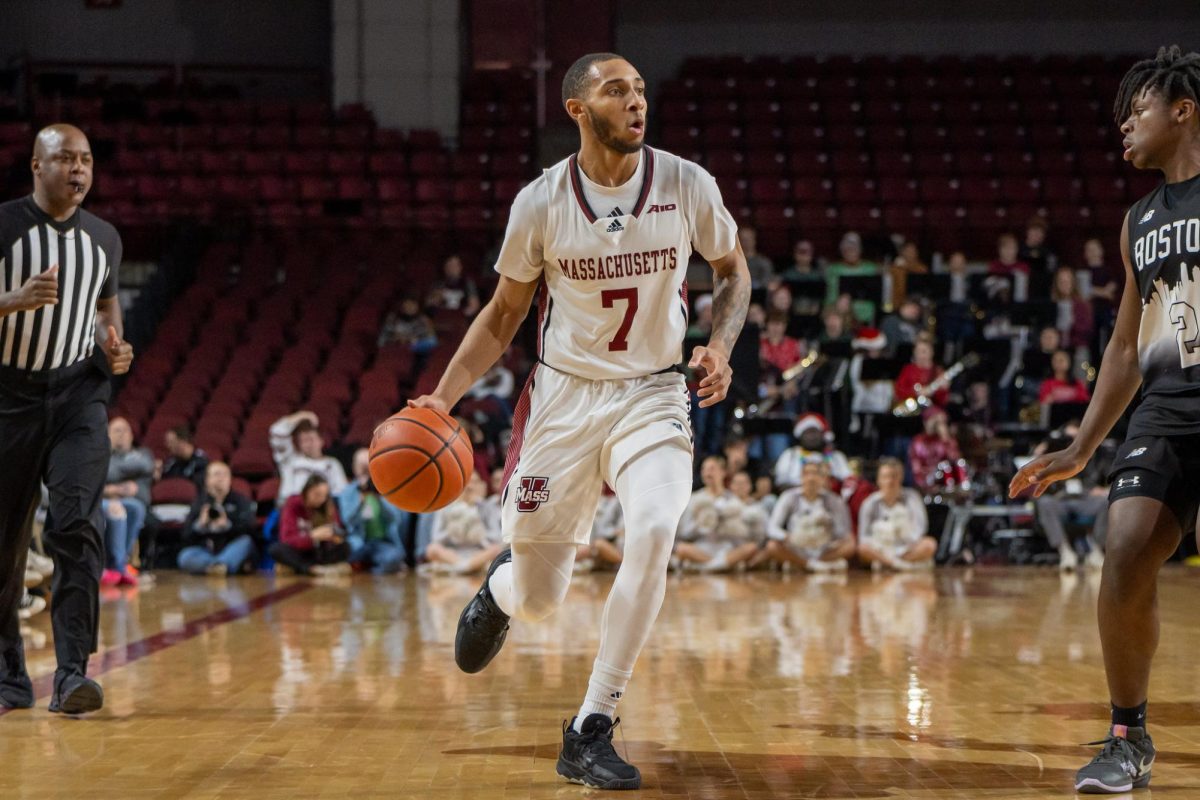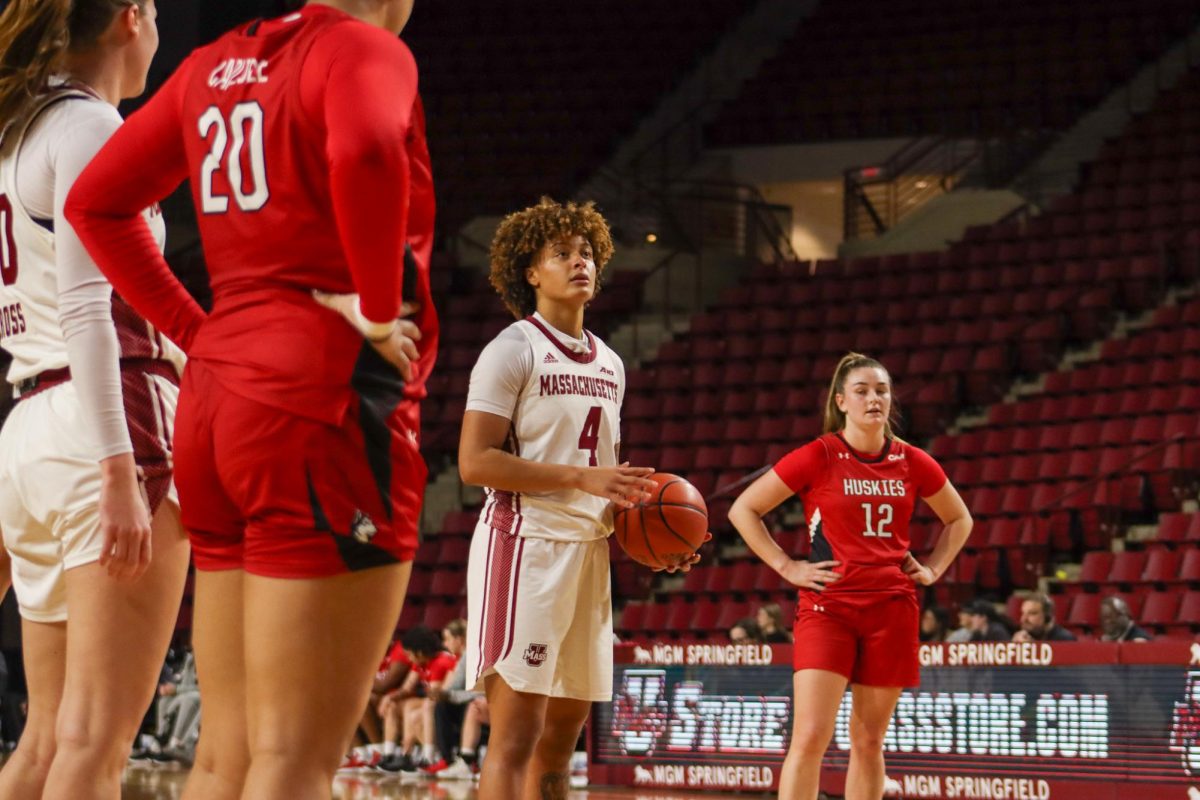
Directing Attorney of Student Legal Services Office (SLSO) Charles DiMare urged senators to take responsibility for policies that affected student affairs during last night’s Undergraduate Student Senate meeting.
“It’s critical to understand that you are actually a formal member of University governance,” DiMare said. “This senate has been formally recognized by the Board of Trustees.”
DiMare’s comments came during a forty-five minute presentation on the Wellman document, which delegates the authority of the Board to campus institutions, including both the undergraduate student senate as well as the administration.
Highlighting the section outlining the role of the student body in University governance, DiMare advised the assembled 26 student senators to exercise their legal authority over the trust funds either operated for or funded by students.
According to the T73-098-Wellman Document, students have the primary responsibility over services and activities which are created to serve students, or are funded by students, as well as managing student political affairs and organizational matters, while also “setting standards for student behavior, conduct and discipline.”
“To exercise it, I suggest you try to create boards,” he said. “Boards over every single possible area that is financed by you and is designed to serve you.”
The first step for students and for the Student Government Association to take, according to DiMare, is to give input into the way the University is governed at every opportunity.
“Right now, they have you isolated down to student activities trust fund. I think you’re missing a lot of other responsibilities,” DiMare told the student senate. “Now obviously, if you start exercising that authority, then that is going to be a lot of person power.”
DiMare’s Wellman training followed a presentation by Senator Vanessa Snow, chair of the State and Federal Organizing committee, on organizing students across the UMass campus to make higher education affordable and accessible in both the Commonwealth and across the nation.
Snow called on the student senators, especially those who had been elected on a platform of affordability, accessibility and accountability in higher education, to organize and create action committees. While states like Oregon and California had several statewide student associations to act as advocates for issues in higher education, Massachusetts had none according to snow.
Snow cited the recent state cuts in Mass. grants and the Board’s increase of fees, as well as the F grade given to minority representation and access at UMass in a report by the education trust and a 50 percent decline in lower income students as reasons to organize at the University, state and federal levels.
The creation of the new SGA action committees, the Student and Academic Affairs committee and the State and Federal Organizing committee is the response of the undergraduate senate to the lack of a statewide student association, Snow said.
“[The Student and Academic Affairs committee] was created to build statewide student coalitions and also work at nationwide coalitions,” Snow said. “They are not really supposed to be committees based on motions, but based on building coalitions on campus and organizing and initiating direct action campaigns.”
Building grassroots coalitions among students at UMass and across the Commonwealth would allow for better representation in both federal and state-level issues of higher education, according to Snow. While the Public Higher Education Network of Massachusetts (PHENOM) nominally organized students, faculty and staff from public colleges and universities across the state, Snow said that a stronger student voice was needed.
“A lot of students at UMass have been working in the development of PHENOM; but at the same time, there still needs to be a stronger student voice,” Snow said. “If there isn’t a strong student voice in that coalition, then the agenda is probably just going to be guided by faculty and staff.”
Derrick Perkins can be reached at [email protected].






